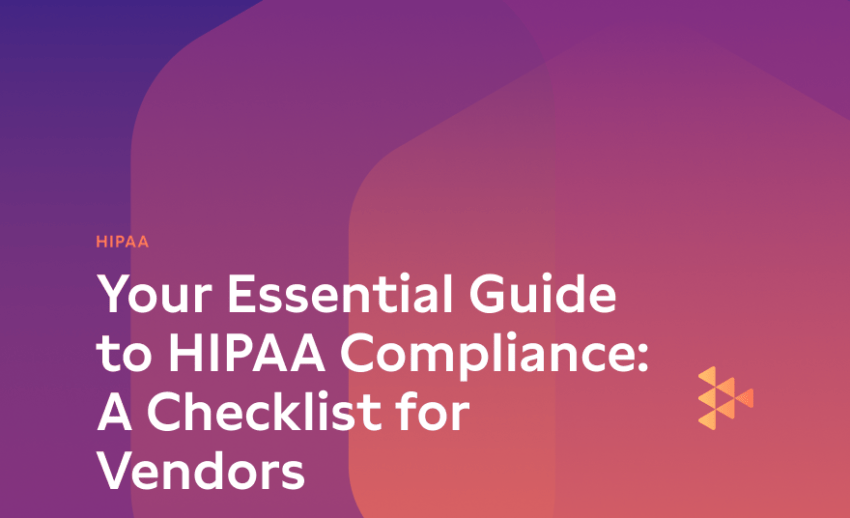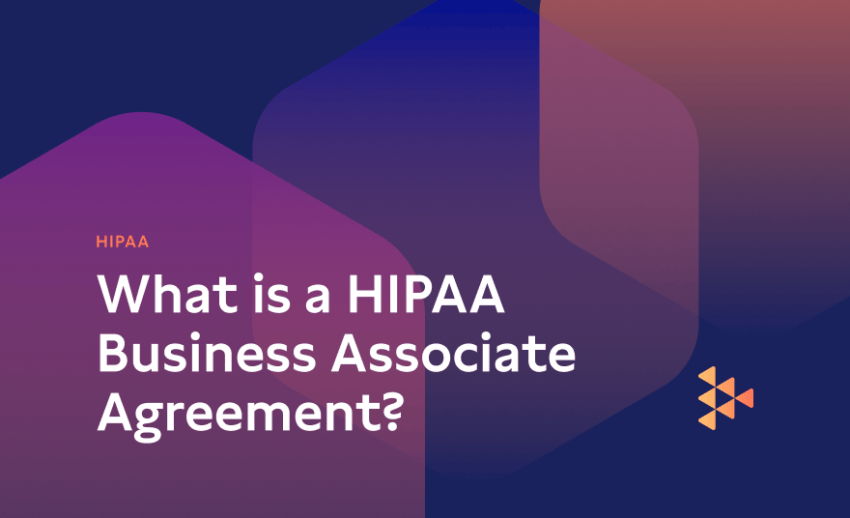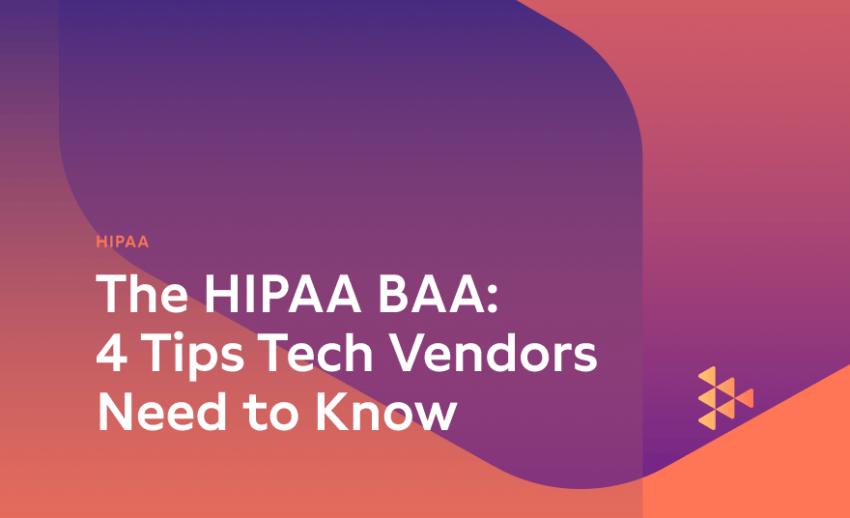At Carbide we offer you a team to implement the right compliance program for you that is right beside you from start to finish to ensure you meet your customers’ expectations in time to win the deal.
Securing electronic protected health information (ePHI) data is a necessity if you’re a HIPAA Business Associate.
With the Carbide Platform and its embedded DRIVE (Design, Review, Implement, Validate, & Evolve) approach to HIPAA compliance, you can leave your checklists and spreadsheets in the past and follow our step-by-step plan to implement HIPAA information security controls.





